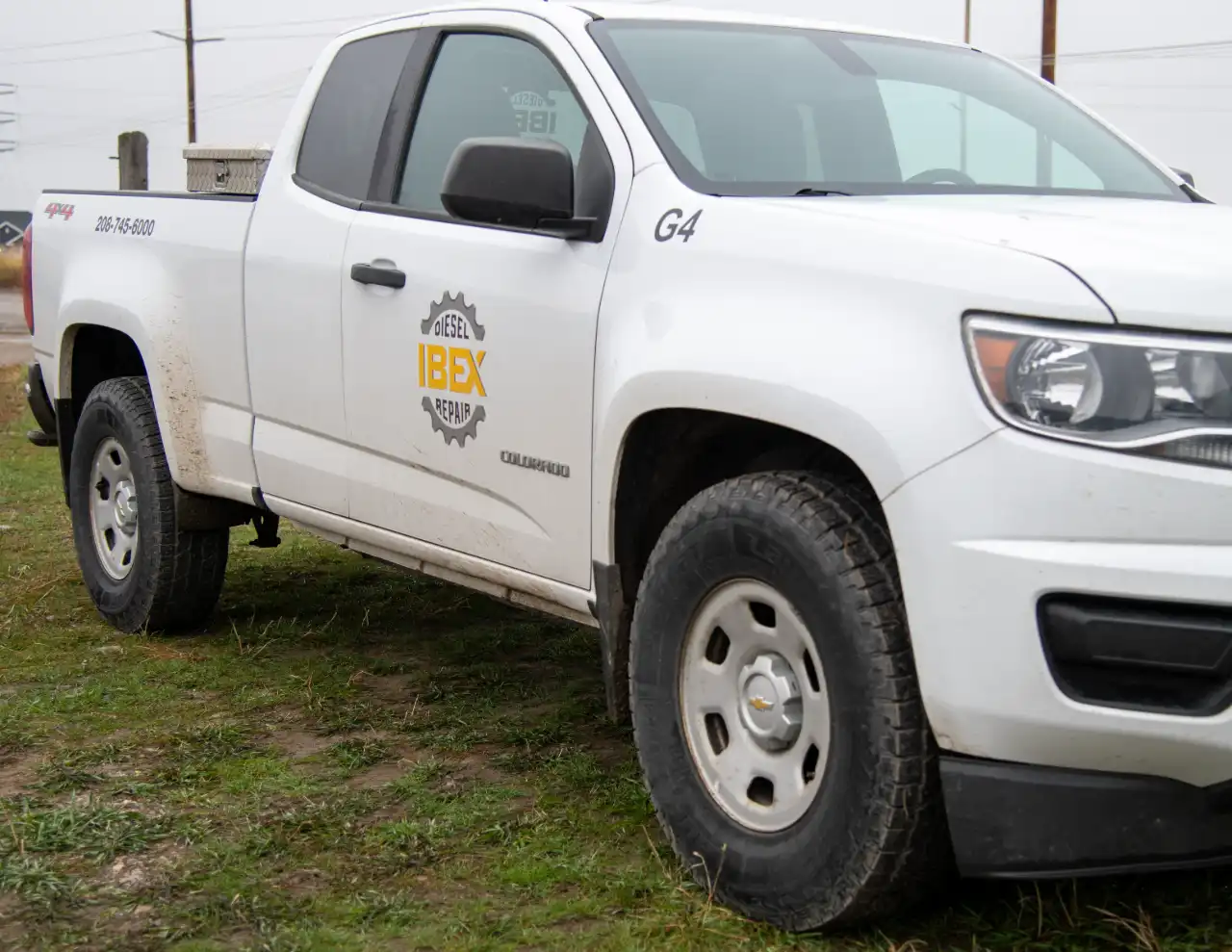Diesel Fuel System Issues in Farm Equipment: Causes and Solutions

When your tractor or harvester starts sputtering, losing power, or refusing to start altogether, chances are the diesel fuel system is to blame. Farm equipment operates in tough environments, and everything from dusty fields to contaminated fuel can wreak havoc on performance.
The diesel fuel system delivers clean, pressurized fuel to the injectors, ensuring efficient combustion and power delivery. However, issues like clogged filters, water contamination, and failing injectors can bring productivity to a grinding halt. This guide will cover the most common fuel system problems and provide practical solutions to keep your equipment running smoothly.
Common Diesel Fuel System Issues in Tractors and Harvesters
1. Clogged Fuel Filters
Diesel engines rely on clean fuel, but dirt, debris, and moisture can accumulate over time, clogging the fuel filter. A clogged filter restricts fuel flow, leading to:
- Loss of power under load
- Difficulty starting or frequent stalling
- Rough idling or misfires
- Excessive exhaust smoke due to incomplete combustion
Dirty fuel filters are a common issue because farm equipment operates in dusty, muddy, and humid environments, all of which can lead to contamination.
Solution:
- Replace fuel filters regularly, typically every 100-200 hours of operation or as the manufacturer recommends.
- Always use high-quality diesel fuel to minimize contaminants.
- Drain the water separator frequently to prevent moisture buildup, which can accelerate clogging.
2. Water Contamination in the Fuel System
Water is one of the biggest enemies of a diesel engine. It enters the fuel system through condensation, improper storage, or low-quality diesel. Symptoms of water contamination include:
- Difficulty starting (especially in cold weather)
- White smoke from the exhaust
- Corroded fuel injectors and rusted fuel system components
- Poor engine performance or hesitation
Water in diesel fuel can also encourage the growth of bacteria and fungi, leading to "diesel algae"—a sludge-like substance that clogs fuel filters and injectors.
Solution:
- Always use a fuel/water separator and drain it weekly or more frequently in humid conditions.
- Store diesel fuel in sealed, moisture-free containers or tanks.
- Use diesel fuel additives designed to disperse water and prevent microbial growth.
3. Fuel Injector Problems
Fuel injectors spray the correct amount of fuel into the combustion chamber at the proper pressure. Over time, injectors can become clogged, worn, or start leaking, leading to:
- Loss of power and acceleration issues
- Increased fuel consumption
- Rough idling and misfires
- Black smoke from unburnt fuel
If fuel injectors fail, they can dump too much fuel into the combustion chamber or fail to atomize it properly, leading to poor efficiency and potential engine damage.
Solution:
- Regularly use injector cleaner additives to prevent carbon buildup and deposits.
- Inspect injectors if you notice misfires or excessive smoke.
- If an injector is leaking or clogged beyond repair, replace it immediately—running on a bad injector can cause further damage.
4. Air in the Fuel System
If air enters the fuel lines, it disrupts the steady flow of diesel, causing:
- Hard starting or failure to start
- Rough engine operation and hesitation
- Sudden loss of power while running
- Fuel starvation symptoms (engine surging or stalling)
Air in the system usually occurs after changing fuel filters, if there’s a leak in the fuel lines, or if there’s a failing lift pump.
Solution:
- Bleed the fuel system to remove trapped air after filter changes or fuel system repairs.
- Inspect for loose fittings and tighten any connections.
- Check fuel lines for cracks, leaks, or loose clamps that might allow air to enter.
5. Low-Quality or Contaminated Diesel Fuel
Poor-quality diesel can contain water, dirt, algae, and other contaminants, leading to:
- Injector damage and clogged filters
- Incomplete combustion (white or black smoke)
- Reduced fuel efficiency and power loss
- Gelled fuel in cold weather
If fuel sits too long in storage tanks or comes from an unreliable source, it can break down, leading to a thick sludge that clogs the fuel system.
Solution:
- Always purchase diesel from reputable suppliers.
- Use fuel stabilizers if storing diesel for extended periods.
- Drain and clean the fuel tank periodically to prevent contamination.
Preventative Maintenance Tips for a Healthy Diesel Fuel System
Keeping your tractor or harvester’s fuel system in shape requires a proactive maintenance routine. Here’s what you should do:
- Change fuel filters every 100-200 hours of operation.
- Drain water separators weekly to remove moisture.
- Use high-quality diesel additives to prevent injector clogs and fuel gelling.
- Inspect fuel lines and fittings regularly for leaks or damage.
- Store fuel properly in sealed containers to avoid contamination.
- Run the engine regularly—letting diesel sit for too long can cause degradation.
When to Call a Diesel Repair Expert
DIY fixes might not be enough if your tractor, combine, or other farm equipment is experiencing persistent fuel system issues.
You should seek professional help if you notice:
- Repeated injector failures or loss of power
- Excessive smoke that won’t go away
- Fuel leaks or persistent air pockets in the system
- A complete inability to start, even after bleeding the system
At IBEX Diesel Repair in Rigby, ID, we specialize in diesel fuel system repairs for all types of farm equipment. Our experienced technicians can diagnose and fix fuel-related problems to keep your machinery running at peak efficiency.
Conclusion
A properly maintained diesel fuel system is crucial for keeping your farm equipment reliable and efficient. You can avoid costly repairs and downtime by addressing issues like clogged filters, water contamination, and injector problems early. Stick to a regular maintenance schedule, and don’t hesitate to call in the experts when necessary.
Need expert help with fuel system issues? Contact IBEX Diesel Repair in Rigby, ID, today!



